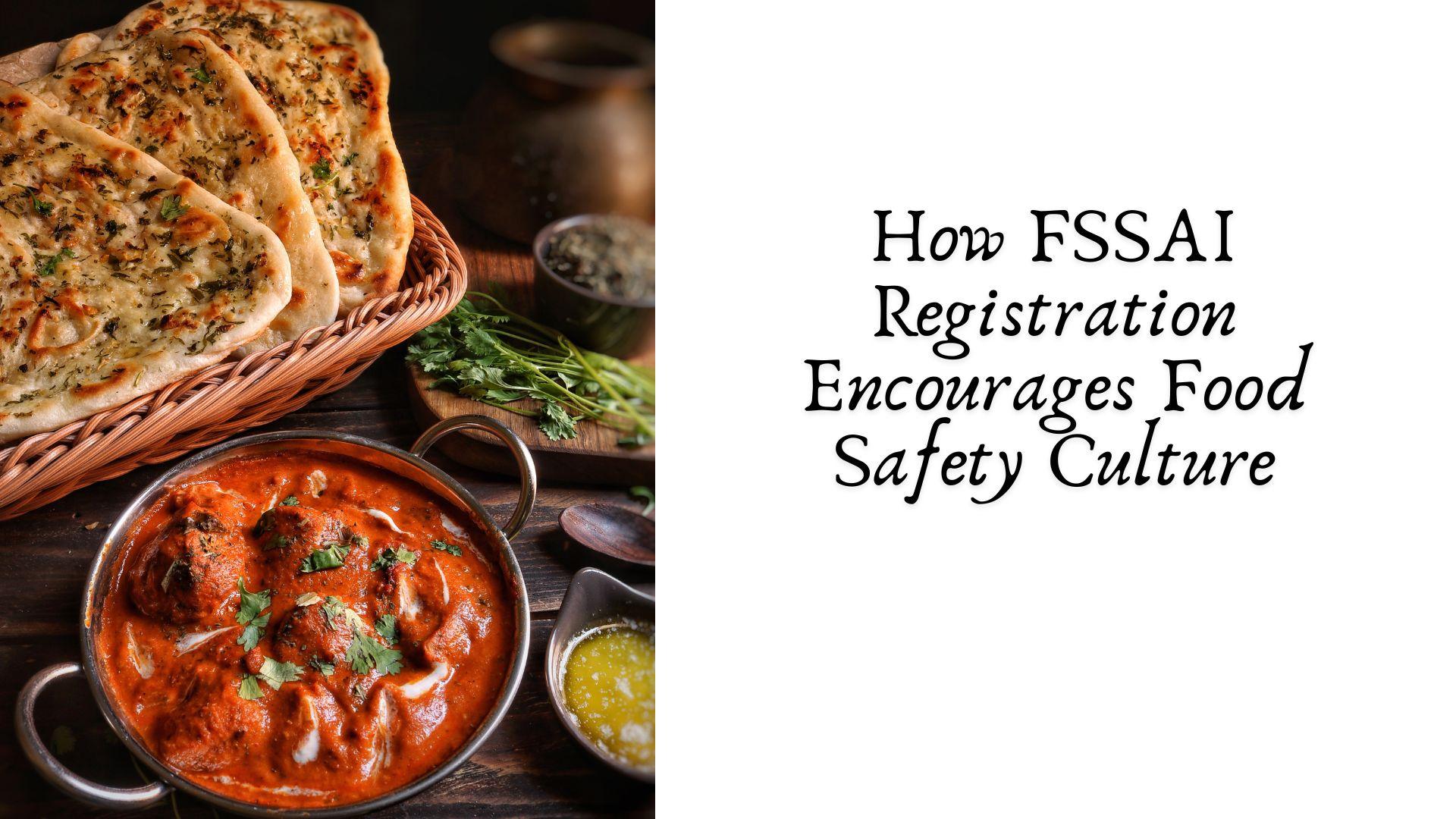The Food Safety and Standards Authority of India (FSSAI) is a regulatory body established under the Food Safety and Standards Act, 2006. The process of FSSAI registration is very simple and easy online. And all food business owners are mandated to register for the FSSAI certificate. And FSSAI builds the customer credibility and helps to grow the business. The main advantage of the FSSAI certificate is that it encourages the food safety culture.
Types of FSSAI registrations:
FASSI offers three kinds of food licence certificates; you must apply based on your business scale:
-
Basic FSSAI Registration/FSSAI certificate: For annual turnover below 12 lakhs.
-
State FSSAI Food license registration/FSSAI certificate: the annual turnover is 12 lakhs to 20 crores.
-
Central FSSAI Food License Registration/FSSAI certificate: The annual turnover is above 20 crore.
Steps to Get the FSSAI Certificate Online:
1. Visit the official FSSAI portal.
2. Login to your account using credentials (username, password).
If you forgot the username and password, you can click the 'forgot' button to reset your password.
3. Access your dashboard: log in to your dashboard after to find out the FSSAI license/registration details.
4. Access the license/registration certificate: You can search for the FSSAI license/registration below the “license and registration” section.
You can identify the suitable record.
5. Download the FSSAI certificate:
Click on the “certificate” option.
After you get the PDF version of the FSSAI certificate, it is open.
After opening the PDF, save the certificate for future purposes.
How FSSAI Registration Encourages Food Safety Culture
Legal responsibility and regulatory adherence:
-
FSSAI registration is a required document for all food entrepreneurs in India.
-
This is required for food operators to follow food safety rules, covering sanitation, labelling and product quality norms.
-
It discourages unsafe practices by imposing legal penalties for violations.
Improved public health conditions:
-
FSSAI standards promote proper hygiene, management and preservation of food.
-
Food service providers must ensure they train personnel in cleanliness standards to ensure regulatory compliance.
-
Regular reminders help establish a workplace culture that values cleanliness as routine.
Education and awareness initiatives:
-
FSSAI offers Food Safety and Certification (FoSTac) programmes.
-
These programmes train food handlers and businesses on safe practices.
-
Improved awareness encourages proactive and well-informed decision-making in food safety matters.
Alignment of procedures:
-
FSSAI encourages the adoption of standard procedures (SOPs) throughout the food sector.
-
Standardised procedures ensure consistent food handling, decreasing contamination hazards.
Evolution and tracking:
-
Businesses registered with FSSAI undergo regular inspections.
-
This monitoring fosters regular improvement and self-regulation to avoid sanctions or suspension.
Establishing customer confidence:
-
Displaying an FSSAI licence or registration number on food packaging enhances consumers’ trust.
-
It confirms to the public that the product meets national safety requirements for food.
-
This demand from knowledgeable consumers compels businesses to focus on safety.
Conclusion:
The Food Safety and Standards Authority (FSSAI) is not just like a formal registration; it’s serving as a basic building block for creating a permanent food safety culture. To promote education, compliance and accountability, FSSAI helps create an environment where food safety is a collective responsibility among producers, handlers and consumers.



